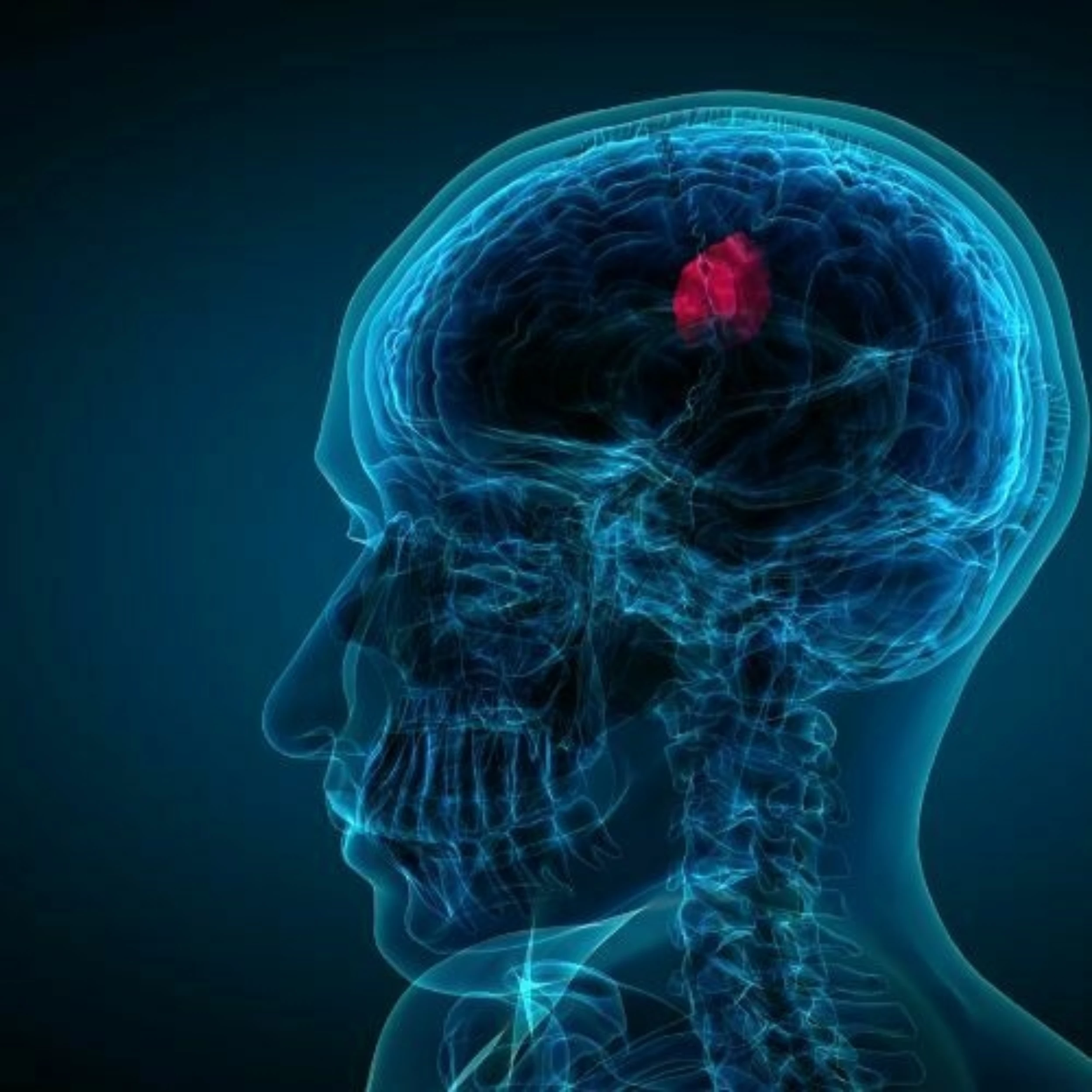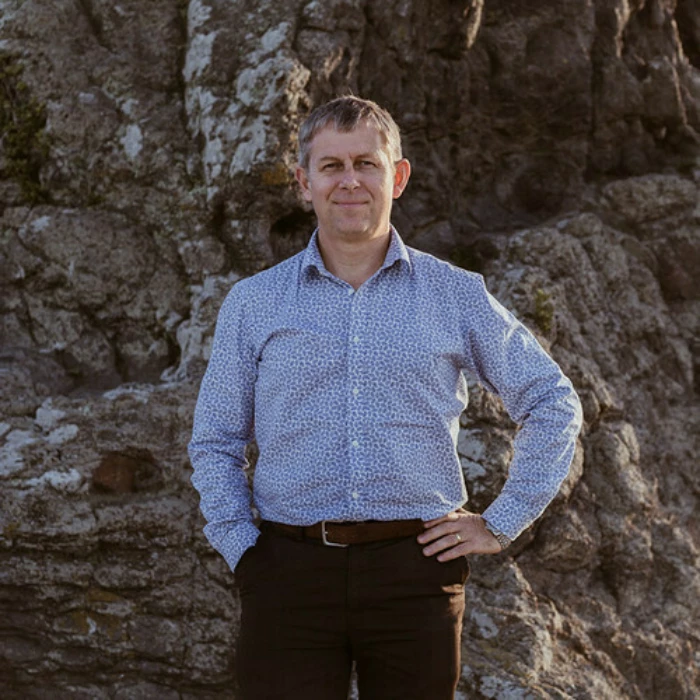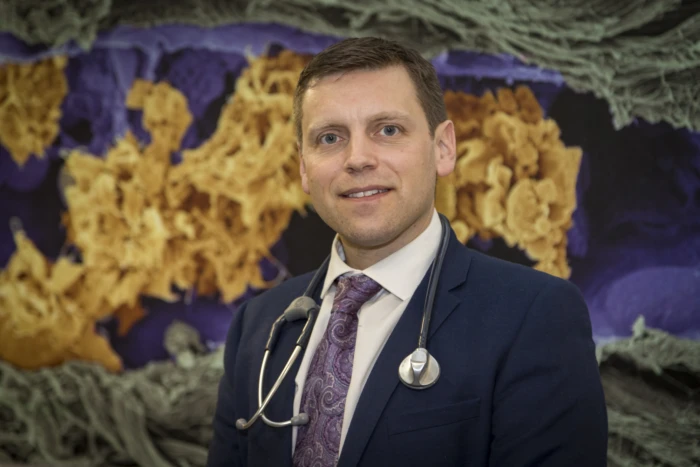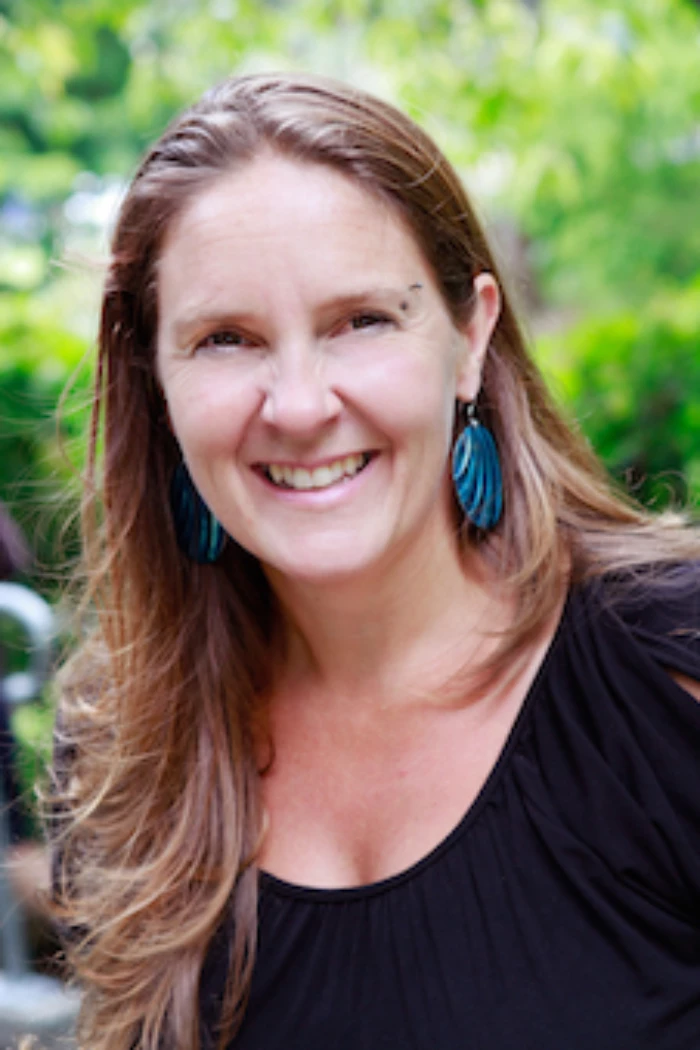
New hope for aggressive brain cancer
New hope for aggressive brain cancer
Right now, there is very little hope for people diagnosed with aggressive brain cancer. But that could soon change thanks to innovative research enhancing an already existing cancer treatment.
For people diagnosed with a high-grade glioma (glioblastoma), every moment counts. This aggressive brain cancer is one of the most difficult to treat, with limited options and a prognosis of just 14 to 16 months.
That stark reality is what drives Dr Jiney Jose and his team, along with his collaborators at the Auckland Cancer Society Research Centre, to seek new and improved treatments.
Bold research built on smart thinking
Dr Jose knew that most lung cancers eventually spread to the brain. So, instead of reinventing the wheel, his research has focused on improving a drug that is already approved for lung cancer treatment.
Known as tyrosine kinase inhibitors (TKI), some of these drugs had already been tested in clinical trials on glioma patients. But there was one big problem: these drugs couldn’t get past the blood-brain barrier – the brain’s natural defense system that blocks harmful substances from entering.
That is, until now.
The breakthrough came when Dr Jose and his team along with his collaborators at the Centre for Brain Research, discovered that attaching a special dye to the drug could help it cross this barrier. These specially linked compounds – known as drug-dye conjugates – opened up an exciting new pathway.
Investing in testing leads to crucial collaborations
It was after this discovery that Dr Jose approached Cancer Research Trust NZ for a grant to take the next step: designing and creating a suite of these conjugates to test in the lab.
Thanks to our support – and the generosity of our donors – the team produced eight promising drug-dye combinations. Through rigorous testing, they identified one standout candidate. Early results show this novel compound had the potential to shrink brain tumours.
The work hasn’t been without challenges. Targeting multiple cancer causing proteins at the same time has proven difficult, but the team’s persistence is paying off. And they’re not working alone. The project has now caught the attention of leading neurological research partners, including Seoul National University in South Korea and Children’s Cancer Institute Australia – a sign of just how promising this discovery is.
Next on the agenda are pre-clinical studies. If these are successful, this treatment could be soon tested in humans – a vital step toward changing the future for people diagnosed with a high-grade glioma.
“Despite the high risk nature of the project, Cancer Research Trust New Zealand’s willingness to fund our research has helped fuelled new discoveries”, says Dr Jose. “Enabling bold, unconventional research has the potential to lead to transformative breakthroughs for people suffering from brain cancer”.
This is research built on smart thinking – taking an existing drug and adapting it for a new, life-saving purpose. And it’s all been made possible thanks to the early funding from CRTNZ and the generous donors who believe in backing bold ideas.
“Enabling bold, unconventional research has the potential to lead to transformative breakthroughs for people suffering from brain cancer”.




